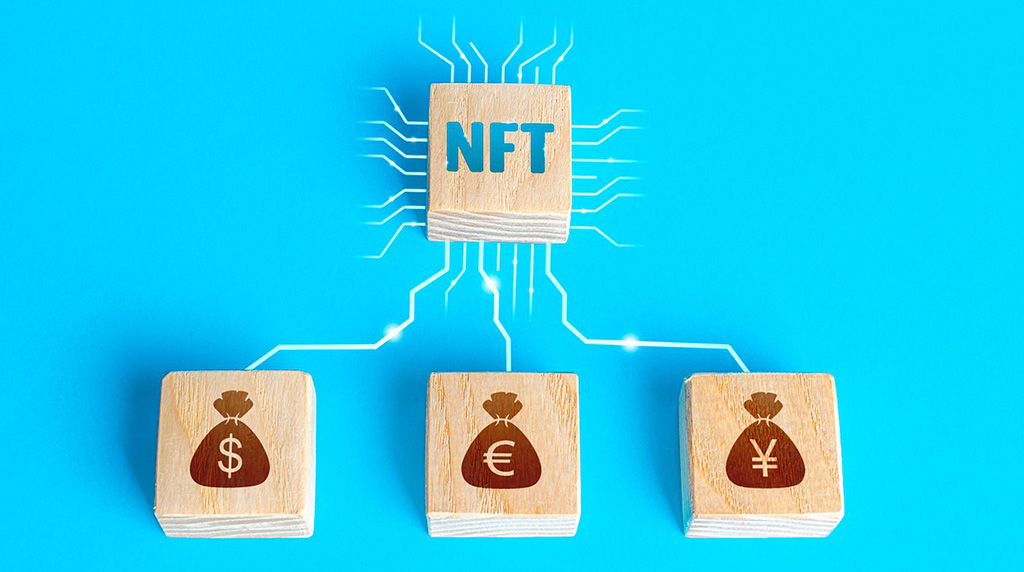The cryptocurrency industry has been abuzz with news that Visa and Mastercard, two of the world’s largest payment services companies, are halting new partnerships with cryptocurrency firms. According to a recent report from sources familiar with the matter, the companies are taking this step due to the collapse of several cryptocurrency ventures that offered crypto debit cards and failed due to financial difficulties last year.

Visa and Mastercard have both commented on the report, with Visa’s head of crypto, Cuy Sheffield, criticizing the story as “inaccurate as it pertains to Visa.” A spokesperson for Visa stated that the recent high-profile failures in the crypto sector are an important reminder that there is still a long way to go before crypto becomes a part of mainstream payments and financial services. The spokesperson for Mastercard added that their efforts continue to focus on the underlying blockchain technology and how it can be applied to help address current pain points and build more efficient systems.
The cryptocurrency industry has seen a series of notable collapses and bankruptcies, including several businesses such as FTX, Celsius, and Blockfi, that had issued debit cards. After the collapse of these crypto companies, their debit cards became unusable and were terminated. However, in mid-February 2023, Wirex announced a partnership with Visa, a move that appears to contradict the Reuters report.
Grayscale Investments’ CEO, Barry Silbert, has also weighed in on the matter, explaining that the U.S. Securities and Exchange Commission (SEC) could potentially violate the Administrative Procedure Act by not approving a spot bitcoin exchange-traded fund (ETF). Silbert believes that the SEC approving a spot bitcoin ETF is “a matter of when and not if.”
It remains to be seen how the cryptocurrency industry will respond to the news that Visa and Mastercard are halting new partnerships with crypto firms. While the companies have stated that their strategies remain unchanged, the recent high-profile failures in the crypto sector are a reminder that the industry still has a long way to go before it can become a part of mainstream payments and financial services.



